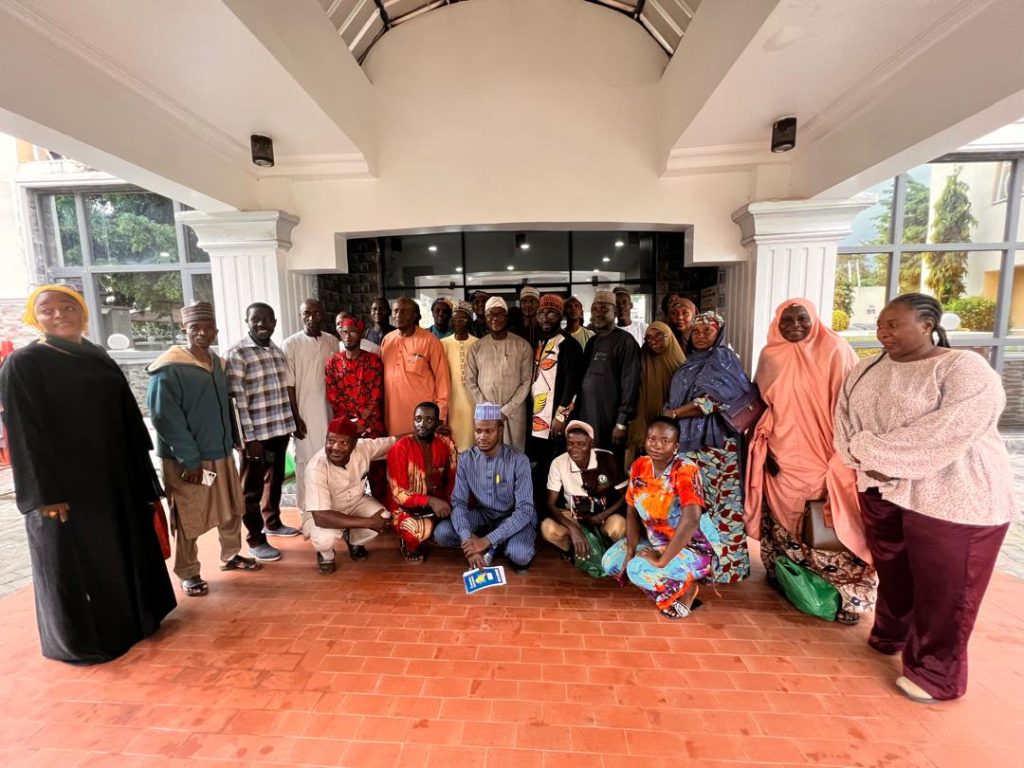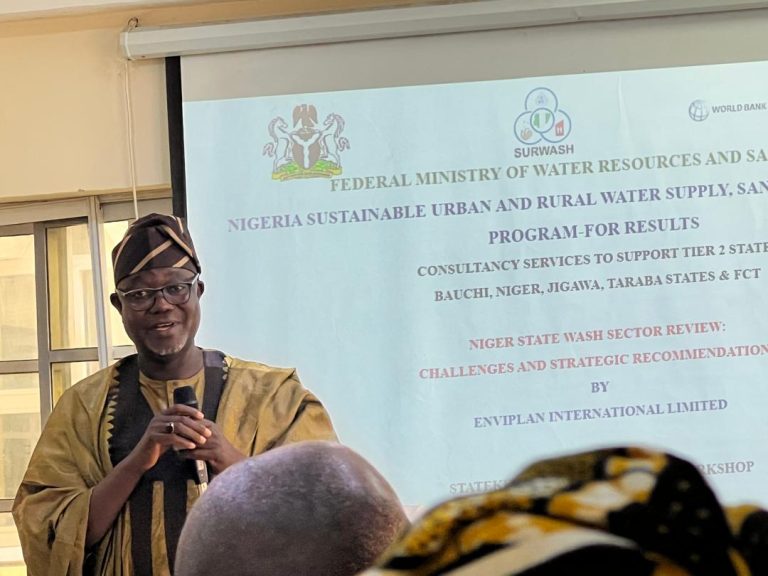The Niger State Government has partnered with the World Bank, to implement the Sustainable Urban and Rural Water, Sanitation and Hygiene (SURWASH) project aimed at expanding access to clean water and improved sanitation across the state.
Speaking during a two-day validation workshop in Minna, the Permanent Secretary of the Ministry of Water Resources and Dam Development, Akilu Musa Kuta, underscored the state’s commitment to overhauling water infrastructure.
“This administration is determined to ensure every community in Niger State has access to clean water and improved sanitation. The SURWASH project is a cornerstone of our vision, and this workshop validates the roadmap to achieve it,” Kuta said.

He explained that the validation exercise was designed to confirm the consultants’ findings and ensure that the final project reports reflect the realities and priorities of communities across the state pointing that the validated reports will guide the swift implementation of solutions to benefit both urban and rural residents.
“The validation workshop marks a significant milestone in our journey towards sustainable water and sanitation services. The next step is to finalize the reports and implement the recommendations to improve access to clean water and sanitation in Niger State,” Kuta said.
Presenting the consultants’ report, Dr. Measheal Alfa, the lead consultant, said the SURWASH project which is funded through a $700 million World Bank loan to the Federal Government, includes a $640 million technical assistance component, is designed to address key gaps in water supply, sanitation, and hygiene in participating states, including Niger.
He noted that the consultancy team collected and analyzed data across the state, identified service gaps, and proposed practical interventions aligned with the New Niger Agenda.
“We’ve conducted thorough assessments and engaged stakeholders to ensure our recommendations are practical and impactful. This validation workshop confirms our findings, setting the stage for transformative investments in water infrastructure,” Alfa said.
Participants at the workshop praised the state government’s proactive approach. Alhaji Ibrahim Tanko, a local government representative, expressed optimism about the project’s potential.
“Revitalizing water infrastructure will change lives. Clean water and better sanitation will reduce diseases and improve livelihoods, especially in rural areas,” he said.


